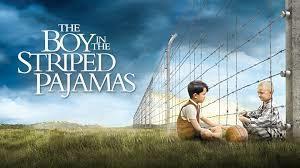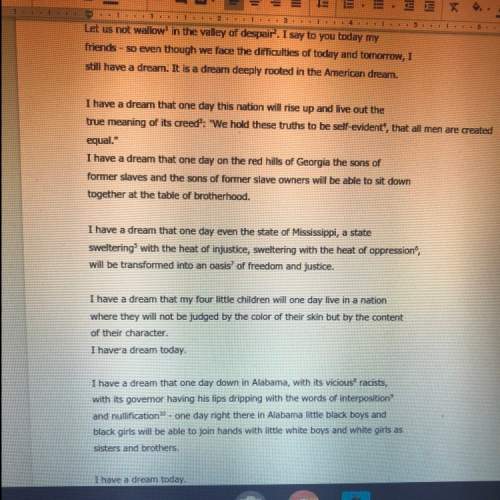
English, 24.10.2020 01:00, jademckinziemea
What is most closely a theme of the passage below?
JULIET: ’Tis but thy name that is my enemy.
Thou art thyself, though not a Montague.
What’s Montague? it is nor hand, nor foot,
Nor arm, nor face, nor any other part
Belonging to a man. O, be some other name!
What’s in a name? That which we call a rose
By any other name would smell as sweet.
So Romeo would, were he not Romeo call’d,
Retain that dear perfection which he owes
Without that title. Romeo, doff thy name;
And for that name, which is no part of thee,
Take all myself.

Answers: 2
Other questions on the subject: English

English, 21.06.2019 22:30, Babymo
Seven pleiades entranced in heaven, form in the deep another seven: endymion nodding from above sees in the sea a second love. how do the ideas in the excerpt compare to poe’s ideas in "the poetic principle"? this celebration of love offers the “lessons of truth” that poe encourages. this scientific reference relates to the “precepts of duty” that poe praises. this reflection of the night sky offers a “contemplation of the beautiful” that poe encourages. this image of heaven encourages the “incitements of passion” that poe praises.
Answers: 3

English, 21.06.2019 23:30, pricebrittany41
Which words or phrases from this passage best demonstrate logos?
Answers: 1

English, 22.06.2019 00:00, murtaghliam1
Read the prompt. write an analytical essay explaining how three romantic poems connect to william wordsworth's ideas about poetry. based on this prompt, which ideas would be most appropriate for leaving the reader with something to think about? check all that apply. 1. a short list of other romantic poets who wrote during wordsworth's era. 2. a relevant fact about wordsworth that reinforces the essay's overall thesis. 3. a comment about which poem seems to best capture wordsworth's ideas. 4. a few important facts about wordsworth's life and accomplishments. 5. a relevant quotation by wordsworth that reflects his ideas about poetry.
Answers: 1

English, 22.06.2019 01:00, smokey13
Pls excerpted from "hope is the thing with feathers" by emily dickinson [2] and sweetest—in the gale—is heard— and sore must be the storm— that could abash the little bird that kept so many warm— [3] i've heard it in the chillest land— and on the strangest sea— yet, never, in extremity, it asked a crumb—of me. in the last stanza, the author writes that the little bird “never … asked a crumb of me.” which type of figurative language is evident in these lines? a. onomatopoeia b. alliteration c. assonance d. personification
Answers: 2
Do you know the correct answer?
What is most closely a theme of the passage below?
JULIET: ’Tis but thy name that is my enem...
JULIET: ’Tis but thy name that is my enem...
Questions in other subjects:




Mathematics, 12.07.2019 07:30

Mathematics, 12.07.2019 07:30


Mathematics, 12.07.2019 07:30

Social Studies, 12.07.2019 07:30


English, 12.07.2019 07:30








